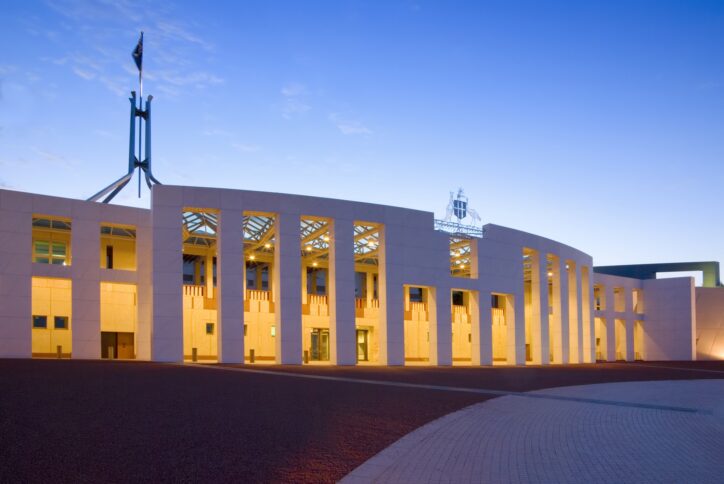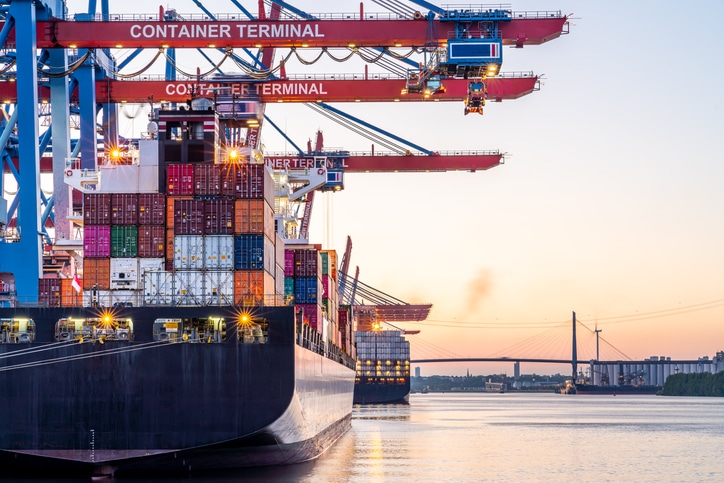Editor’s note: This article was updated on Wednesday, April 23.
With the Federal Election campaign in full swing, CCIWA is advocating for polices that support businesses, create jobs and grow the economy.
From re-instating the instant asset write-off to rethinking the ‘Nature Positive’ plan, we have laid out our priorities for the next federal government.
Critical role of gas:
WA businesses and households need a political consensus on the importance of gas. It’s a vital part of the State’s and the nation’s economy and will help keep the lights on during the energy transition.
Gas is an essential feedstock for chemical processes and source of thermal heat that can’t easily be replaced.
Its critical role must be recognised, approval barriers must be changed and projects such as the North West Shelf extension need to be approved to secure gas supplies for industry and communities alike.
Our review published in March 2025 outlines how a “worst-case scenario” of reduced gas supply would slash the state’s economic activity by up to A$42 billion.
Nature Positive:
We welcome the Government’s commitment to go back to the drawing board on the Nature Positive reforms.
Industry from across CCIWA’s membership base supports the need to reform the environmental approvals system.
We welcome the commitment from both major parties to undertake a clean sheet review of any proposed legislation. CCIWA will work with whichever party forms government to deliver an outcome that is better for business and better for the environment.
It’s vital that we get this reform right. There’s simply too much at stake for WA.
We’re calling for bipartisan support for the Australian gas industry. Gas is the linchpin of our economy and supports industry, keeps electricity costs down and it will keep the lights on as we transition to more renewables.
We need policies that recognise the natural role gas will play in our economy in coming decades.
Cutting red tape for small businesses:
CCIWA is also calling for a change to the definition of small business.
Currently, businesses with as few as 15 employees are not considered to be small and face a web of red tape generally intended for much larger businesses. It’s a huge burden that needs to be fixed.
Industrial relations:
Businesses have been overwhelmed with significant changes to workplace laws. A 40% increase in working days lost to industrial action in 2024 shows the union movement has been emboldened by dramatic changes to the Federal industrial relations regime.
Worryingly, we now see the union movement increasing its presence in the Pilbara after being virtually absent for decades, forcing its way into negotiations whether workers want it or not.
This should serve as a wake-up call to the Federal Government that it has got the balance wrong. It’s IR reforms, which touch every single business in the country, are directly leading to industrial strife in Australian workplaces. We need an industrial relations system that can give investors confidence, not one that hands excessive power to union bosses.
CCIWA is calling on all political parties to commit to reestablishing a more balanced industrial relations system.
To find out more about what we stand for, visit our Policy and Advocacy page.










